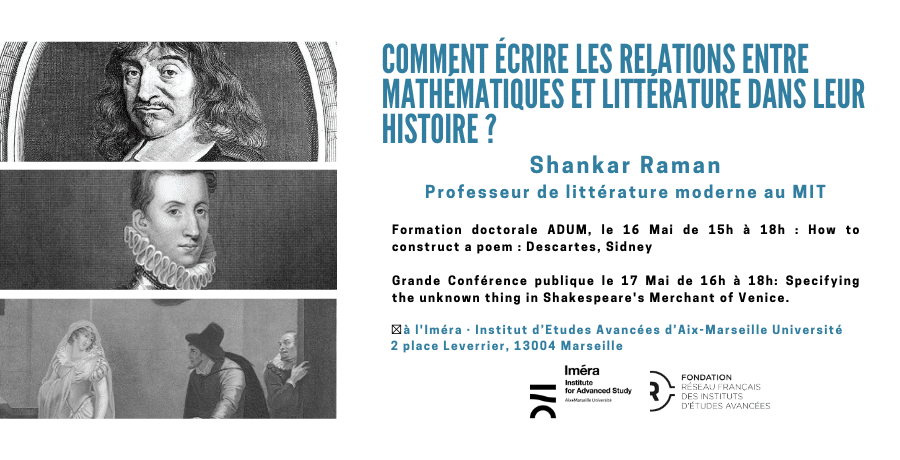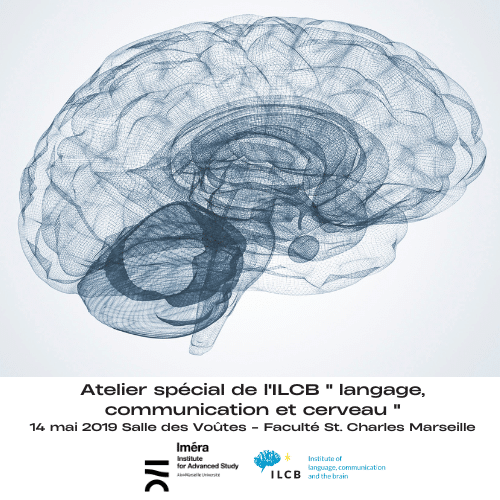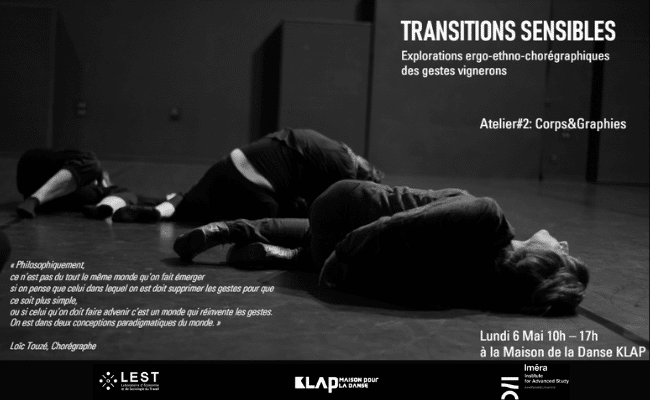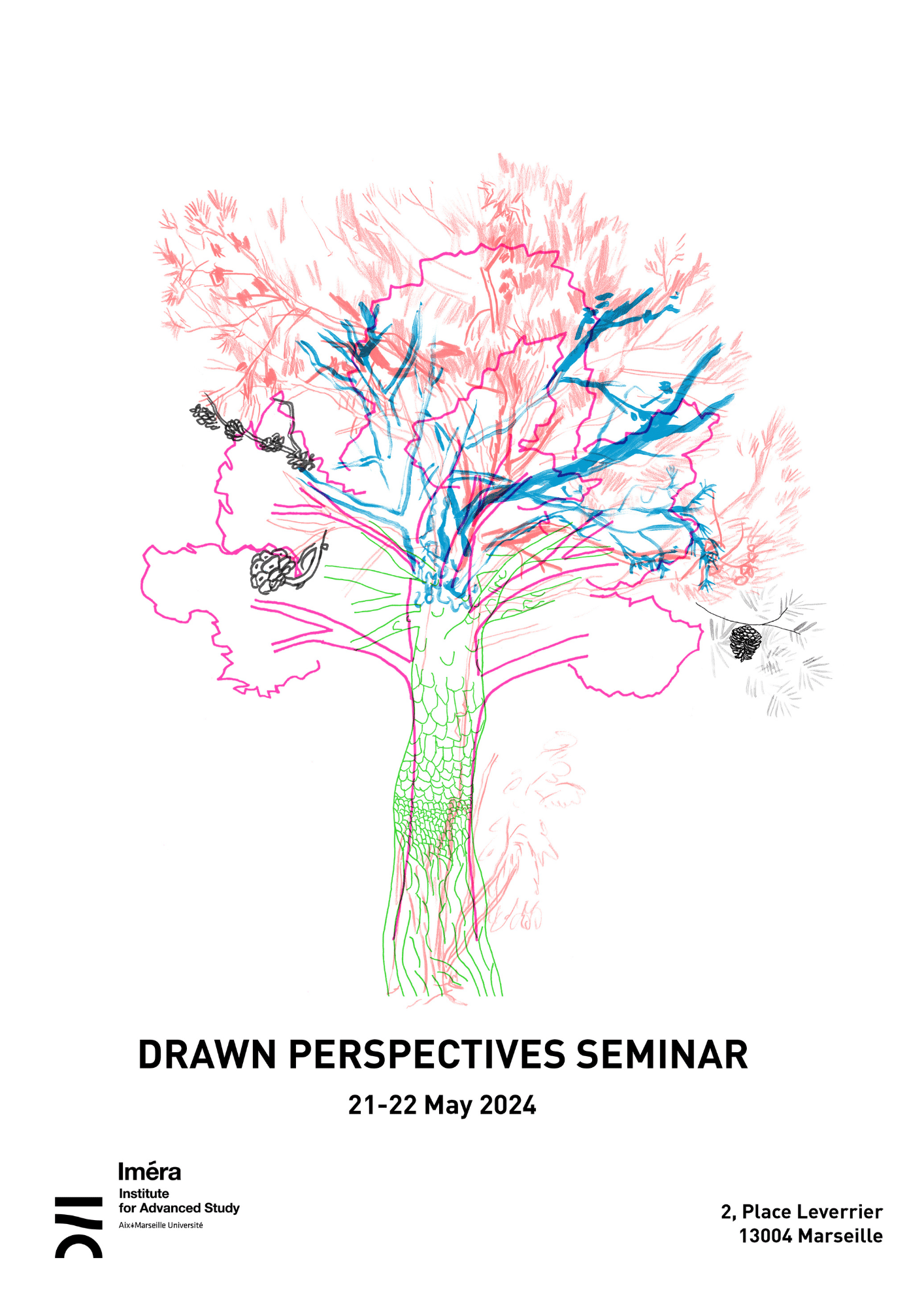On May 16th and 17th, 2023, Shankar Raman, former FIAS research fellow at Iméra, will be the keynote speaker at a doctoral training session on mathematical constructions and poetic construction in the early modern period: Descartes and Philip Sidney, and a public conference on the identification of the unknown thing in Shakespeare’s “Merchant of Venice.

Doctoral training: Mathematical Constructions and Poetic Construction in the Early Modern Period: Descartes and Philip Sidney
May 16, 3 to 6 pm at Iméra
The doctoral training session aims to present the concepts and methods that Shankar Raman has developed to uncover the role of unlikely allies, mathematics, and literature, in the creation of the modern mindset and reveals a kinship that the humanities and the exact sciences could today renew in a productive way.
- This doctoral conference will explore the close links between the first science of forms, geometry, and the first art of forms, poetry, in early modern Europe.
- The author seeks to identify correlations that testify to a broad and shared cultural reaction to a Greek tradition in which the relationship between “matter” and “manner” played a fundamental role during the 16th century.
- The author will present René Descartes and Sidney as two key figures whose contributions, respectively, to the theory and practice of mathematics and poetry, reveal in a striking way the nature of this reaction and its implications for the subject of the early modern period and for the world they sought to create.
DOWNLOAD BELOW THE READING MATERIAL:
Major public conference of Shankar Raman : “Specifying the Unknown Thing in Shakespeare’s Merchant of Venice”
May 17, 4 to 6 pm at Iméra
“They were arithmeticians, they had to become algebraists.” This lecture seeks to test this assertion through the analysis of Shakespeare’s “The Merchant of Venice.” It suggests that the development of symbolic algebra at the beginning of the modern era also opened up ways of rethinking value and identity in economics and legal discourse. It is this link between mathematics, law, and economics that I wish to explore through this play by Shakespeare.
- This public lecture will focus on Shakespeare’s play “The Merchant of Venice.”
- Shankar Raman will explore how algebra can help understand the issues in this play.
- He will also present his research on the relationship between literature and mathematics in early modern Europe.
About the keynote speaker
Shankar Raman is a professor of literature. His research focuses on the literature and culture of the late Middle Ages and early modern period. He obtained his PhD in English literature (with a minor in German) from Stanford University in 1995, changing fields and careers after obtaining a master’s degree (UC Berkeley) and a bachelor’s degree (MIT) in electrical engineering.
His first book, Framing ‘India’: The Colonial Imaginary in Early Modern Culture (Stanford 2002), examines the relationship between colonialism and literature in 16th and 17th century Europe. He compares Portuguese, English, and Dutch colonial activities to examine the role of India as a figure through which these various European powers imagine and define themselves. A second book, Renaissance Literature and Postcolonial Studies was recently published by Edinburgh University Press (2011). He is also co-editor, with Lowell Gallagher, of Knowing Shakespeare: Senses, Embodiment, Cognition (Palgrave Macmillan 2010). He is currently working on a monograph on the relationship between literature and mathematics in early modern Europe, entitled Before the Two Cultures. From 2005 to 2010, he participated in the project “Making Publics: Media, Markets and Associations in Early Modern Europe, 1500-1700 [MaPs],” a major interdisciplinary research initiative funded by the Canadian Social Sciences and Humanities Research Council (SSHRC). Professor Raman was a FIAS fellow at Iméra, Aix-Marseille University in fall 2022 and is currently at the Institute for Advanced Study at the University of Strasbourg.
With the collaboration of
- Gabriella Crocco, Epistemologist, AMU, Director of the Iméra Interdisciplinary Explorations Program.
- Fausto Fraisopi, Philosopher, University of Freiburg, Senior Fellow Iméra.
- Philippe Abgrall, Historian of Mathematics, CNRS AMU.
- Marie Anglade, Historian of Mathematics, AMU.
- Jean Yves Briend, Mathematician, AMU.
- Mathieu Brunet, Historian of Literature, AMU.
Practical information
Address of Iméra, Institute fot Advanced Study (IAS) of AIx-Marseille University: 2 place Leverrier, 13004, Marseille.



